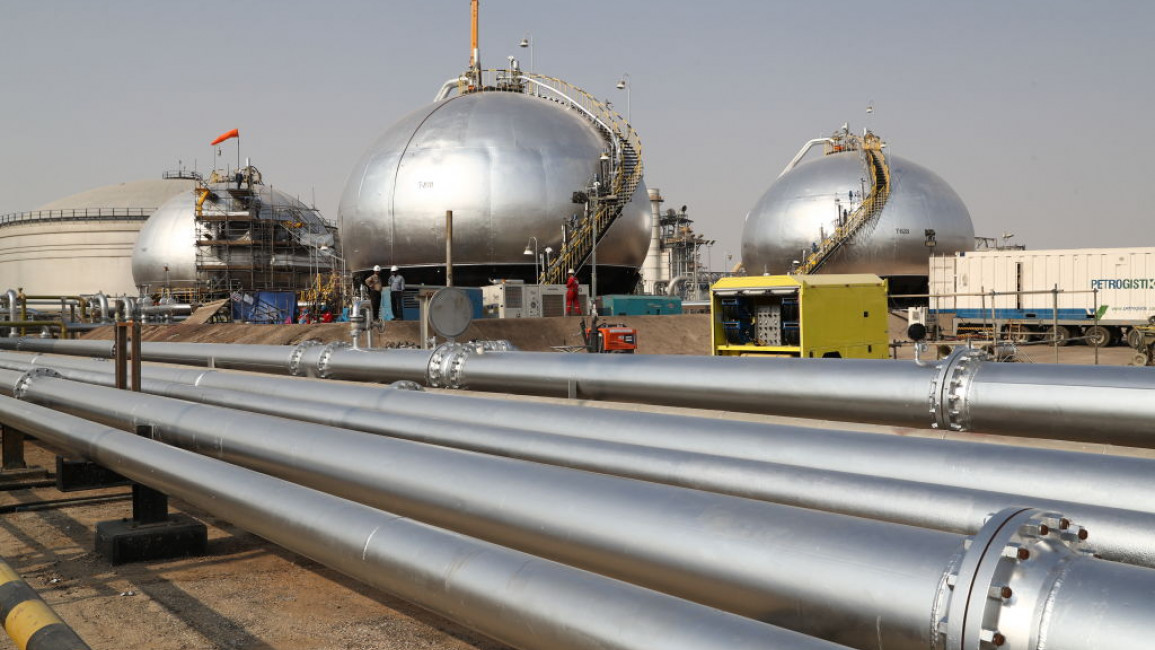Iraqi finance minister urges OPEC to embrace renewable energy
Iraq's finance minister has called on OPEC - the international cartel for oil producers - to move away from fossil fuels and embrace renewable energy.
Ali Allawi, who also serves as his country's deputy prime minister, and Fatih Birol, executive director of the International Energy Agency, urged oil producers to seek alternatives such as solar power and potentially nuclear reactors in a letter for The Guardian.
The impassioned call came on the day OPEC member states are scheduled to meet to discuss the future of oil production.
"To stand a chance of limiting the worst effects of climate change, the world needs to fundamentally change the way it produces and consumes energy, burning less coal, oil and natural gas," they wrote.
"If oil revenues start to decline before producer countries have successfully diversified their economies, livelihoods will be lost and poverty rates will increase."
Wednesday's OPEC meeting, which is being held virtually, will discuss potential reductions in the amount of oil produced.
OPEC had initially agreed to boost oil production by 400,000 barrels per day, but the continuing Covid-19 pandemic and slowing markets have pushed some to suggest a halt to any production increases.
It is also believed that the talks will discuss the climate crisis, ahead of the Cop26 talks in November, despite a number of the cartel's members being reliant on oil receipts.
In their op-ed, Allawi and Birol urged OPEC to embrace renewable energies, both as a way to save the environment and as a fiscally sensible solution for the future.
"Renewable energy offers countries the ability to build a cleaner and more efficient electricity sector, instead of relying on costly imports and polluting fossil fuels," they write.
"The worst potential solar sites in Iraq get up to 60% more direct energy from the sun than the best sites in Germany."
The pair also sounded a warning to OPEC members that as the rest of the world embraces renewables, they could be left behind as demand for oil shrinks.
"The International Energy Agency's recent global roadmap to net zero by 2050 shows the world's demand for oil will need to decline from more than 90m barrels a day to less than 25m by 2050," they explained.
"This would result in a 75% plunge in net revenues for oil-producing economies, many of which are dominated by a public sector that relies on oil exports and the revenues they produce."
This was emphasised further by Birol, who explained that the slump experienced during the Covid-19 pandemic could be a vision of normal in the future.
"The impact of Covid on the oil market last year gave us a fleeting image of what the region's economies could look like in the future in a world where demand for oil and gas is structurally weaker - and where countries do not take serious measures to diversify their economies and increase their resilience," Birol told The Guardian.
Allawi and Birol concluded by calling on all members to act as one, to safeguard their own economic futures, and the well-being of the planet.
"Countries such as Iraq cannot make the transition to clean energy alone. If they are to bring together the financial resources, expertise and policies to transform their economies in an equitable, affordable way, they will need international support," they wrote.
"Otherwise, the path to net zero and the security of the world's energy markets will both be imperilled."



